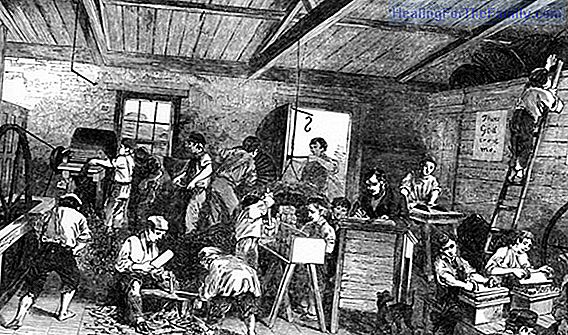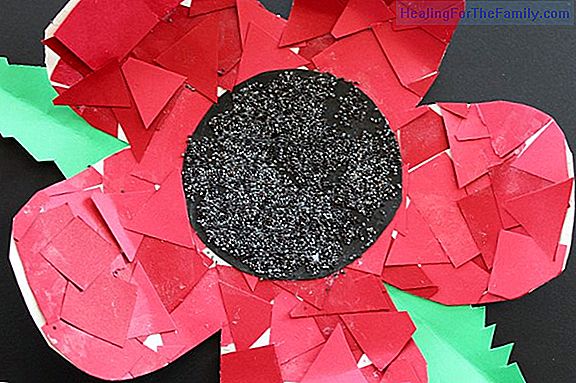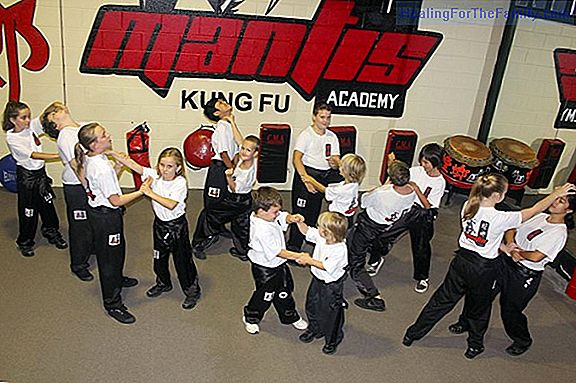How to explain a catastrophe to children from 9 to 12 years old
A catastrophe can happen anywhere, at any time. When unexpected events occur, it is possible that some children have been exposed to extreme situations of danger. Maybe they should overcome significant losses, have experienced a scenario of violence or natural disasters. We explain how you can appro
A catastrophe can happen anywhere, at any time. When unexpected events occur, it is possible that some children have been exposed to extreme situations of danger. Maybe they should overcome significant losses, have experienced a scenario of violence or natural disasters.
We explain how you can approach the topic of a tragedy with children from 9 years.
How a catastrophe affects preadolescent children

Children at this age (9-12 years old) are small children and almost adolescents, which can vary that throughout the day, which makes it very difficult for us to focus adequately on the evolutive characteristics of these children. These are its main characteristics:
- At this age we can already explain things to them as if we were talking to an adult. There will no longer be misinterpretation or distortion with fantasies.
- Live a time of constant physical changes and personality. There will be hormonal changes that imply that they have a great instability that conditions their way of reacting to these critical accidents.
- Your group of friends happens to have a crucial role. There will be times when they take refuge in the security that adults can provide, but others in which they will take the opposite in anything they say and hinder communication
- Difficulty managing their emotions as well as not knowing well what role they play. Therefore, that phase of opposition that characterizes adolescence is being prepared
- Regarding death, they already understand that they will also die some day. Although they believe that will be when they are very old.
Possible reactions of children from 9 to 12 years before a tragedy
- There is no loss of autonomy, but quite the opposite, hyperactivity, perhaps isolation and a lot of irritability (which is the way to cry of a pre-adolescent)
- The talking to them about what has happened generates discomfort and stress. They will try to avoid this situation by taking refuge in the group of equals where they can escape from what is happening
- Impulsivity. Behaviors like the house leak, are your ways of asking for help.
- It affects the performance in the school and its socialization.
- Changes in eating and sleeping behaviors.
Faced with some of these situations, we must not oversize them, but give them a time to return to the state prior to the critical event
How to help the pre-teen overcome a loss
To contain we will try to leave a space so that they do not have to face what ends occur. To calm him, you have to let him be, since he will probably want the opposite of when he was younger and we hugged him.
They will give simple, concrete information and waiting for the questions they have to ask. And giving reassuring answers. We must accept that consolation finds him in his equals.












